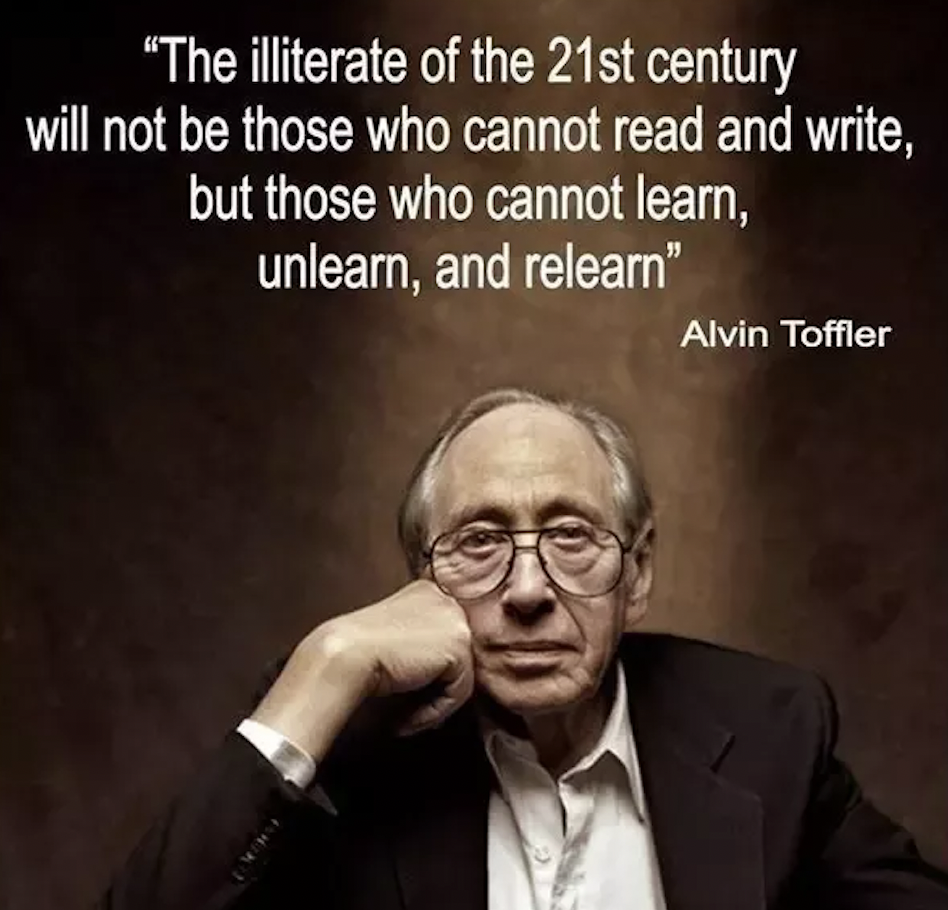The first step in engaging your city, is to get to know your city. Here are some simple ways to explore and become more familiar with your city.
The Importance of Apostolic Ministry
Today, as we are experiencing radical shifts in every North American context, the church must be informed by a more apostolic/prophetic voice. If not, we will continue to maintain processes and systems that are no longer missiologically applicable and are almost totally inadequate.
Entrepreneurial Church Planting
When it comes to thinking about the interplay of business, mission, and church planting there is different, yet helpful language that can be used. While I prefer the phrase Entrepreneurial Church Planting when speaking specifically about business and church planting, below are some other phrases that people might use.
Overcoming the Greatest Covocational Challenge
The single greatest challenge for Covocational leaders is time. There never seem to be enough hours in the day to accomplish everything. When a church leader is working 30, 40, or even 50 hours a week in the marketplace, it is difficult to create and maintain proper rhythms between family, vocation, ministry, and health.
RETHINK: 12 Missiological Principles for Church Multiplication
To plant disciple-making, missional churches, we must change the way we think about God’s mission and the nature of the church. Rethink explores 12 missiological principles to help you rethink church multiplication.
Rethinking Our Cultural Context
The myth of a Christian culture continues to set the mind of the Western church at ease. This myth assumes that the West is, or once was, a Christian culture. If the culture is Christian, there is no need to analyze its assumptions or develop a counter-cultural instinct. ~ Michael Goheen
Introduction to APEST
Ministry is not set aside for some professional class within the church, but instead, all the people of God are called and commissioned.
Developing Missional Leaders: 3 Missiological Principles
Believers participate in Christ’s priesthood not within the walls of the Church but in the daily business of the world. ~ Lesslie Newbigin
Small Groups, Missional Communities & Microchurches
All microchurches will not (and should not) look alike. Mission is the mother of adaptive ecclesiology. This simply means that if we begin with God’s mission (missiology) then there ought to be lots of wild and wonderful expressions of church (ecclesiology).
Rethinking Church Planting: Don't Start With Sunday
There may have been a day when we could build a cool website, rent a meeting space, send out flyers, put up banners and “launch” a church by starting a Sunday service. But those days are gone, at least in most North American contexts.
Work Matters
The idea of rethinking vocation must start with considering the sacred/secular divide, or what some people refer to as the problem of dualism.
Sending Language and the Sent Nature of the Church
When considering the theological and biblical underpinnings of the missional church conversation I find the two most helpful topics to address include the concept of missio Dei, or mission of God, and the language of “sending” found throughout Scripture.
The Need to Unlearn and Relearn
The illiterate of the 21st century will not be those who cannot read and write, but those who cannot learn, unlearn and re-learn. ~ Alvin Tofler
Responding to Change
We are living in a rapidly changing context that requires a rethinking of church, mission, discipleship/evangelism, and church planting.
The Importance of Third Places
In the late eighties and early nineties, one of the most popular shows on American television was Cheers, set in a sport’s bar, in the heart of the city of Boston.
Justice and the Heart of God
“It is a disastrous misunderstanding to think that we can enjoy salvation through Jesus and at the same time regard action for justice in the world as a sort of optional extra—or even an inferior substitute for the work of passing on the good news of salvation.... Anyone who thinks of salvation apart from seeking deliverance from sickness or hunger or oppression or alienation is very remote from the biblical use of the word.” ~ Lesslie Newbigin
Acting Like a Missionary Where you Live, Work and Play
Considering your 1st, 2nd and 3rd places is an excellent way to frame a missionary lifestyle.
Rethinking Church Scorecards
Do the number of people who attend a Sunday morning gathering give you any indication of the impact the church is having on individual neighborhoods or the city?
5 Reasons to be Covocational
There are at least five distinct reasons to consider being a Covocational leader as you plant a church.
What is Kingdom Collaboration
With the collapse of Christendom, it is more important than ever for the church in North America to develop a Kingdom perspective. To experience Gospel transformation we must learn to collaborate with others in our cities. But what does it mean to collaborate?



















